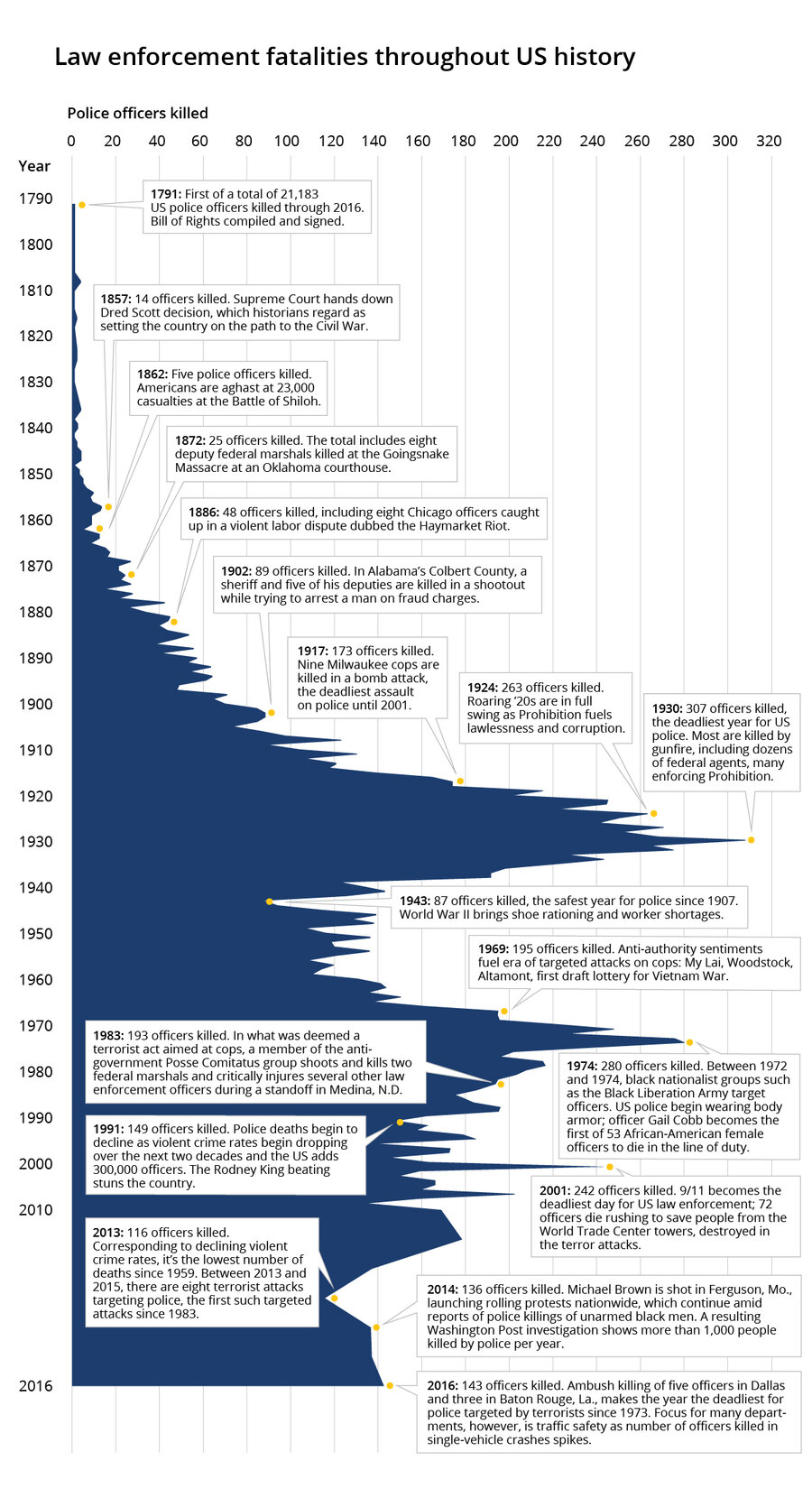President Trump's interest in potentially pulling out of the Iran nuclear deal fits with his view of an aggressive and nationalist foreign policy. What he must weigh is whether such a move would have the intended effect.
Monitor Daily Podcast
- Follow us:
- Apple Podcasts
- Spotify
- RSS Feed
- Download
 Amelia Newcomb
Amelia Newcomb
The video was Exhibit A for any number of social ills: a parking incident that escalated inexcusably into a spew of racism and hatred. A hostile exchange that will live forever on the web.
Yet, what is likely to live on even more visibly is how the confrontation was resolved.
The video shows a white woman in Fargo, N.D., verbally attacking a group of headscarfed young Somali Muslims parked next to her.
“We’re gonna kill all of ya. We’re gonna kill every one of ya,” Amber Hensley yelled last week. The video, taken in order to report the encounter, went viral.
But then the tone changed. Ms. Hensley apologized publicly. She said the women provoked her, but added: “There are absolutely no excuses. I am in tears with regret and will take any form of punishment deemed fit.” Her employer said it would fire her.
Then the police chief asked the women to meet. They forged a connection, to the point that Hensley and Sarah Hassan, who recorded the video, are planning a joint celebration of their September birthdays. Ms. Hassan wants to help Hensley get her job back.
Now what’s going viral is a picture of the women embracing. “We just want to be a good example for everybody now,” Hassan said.










